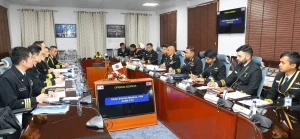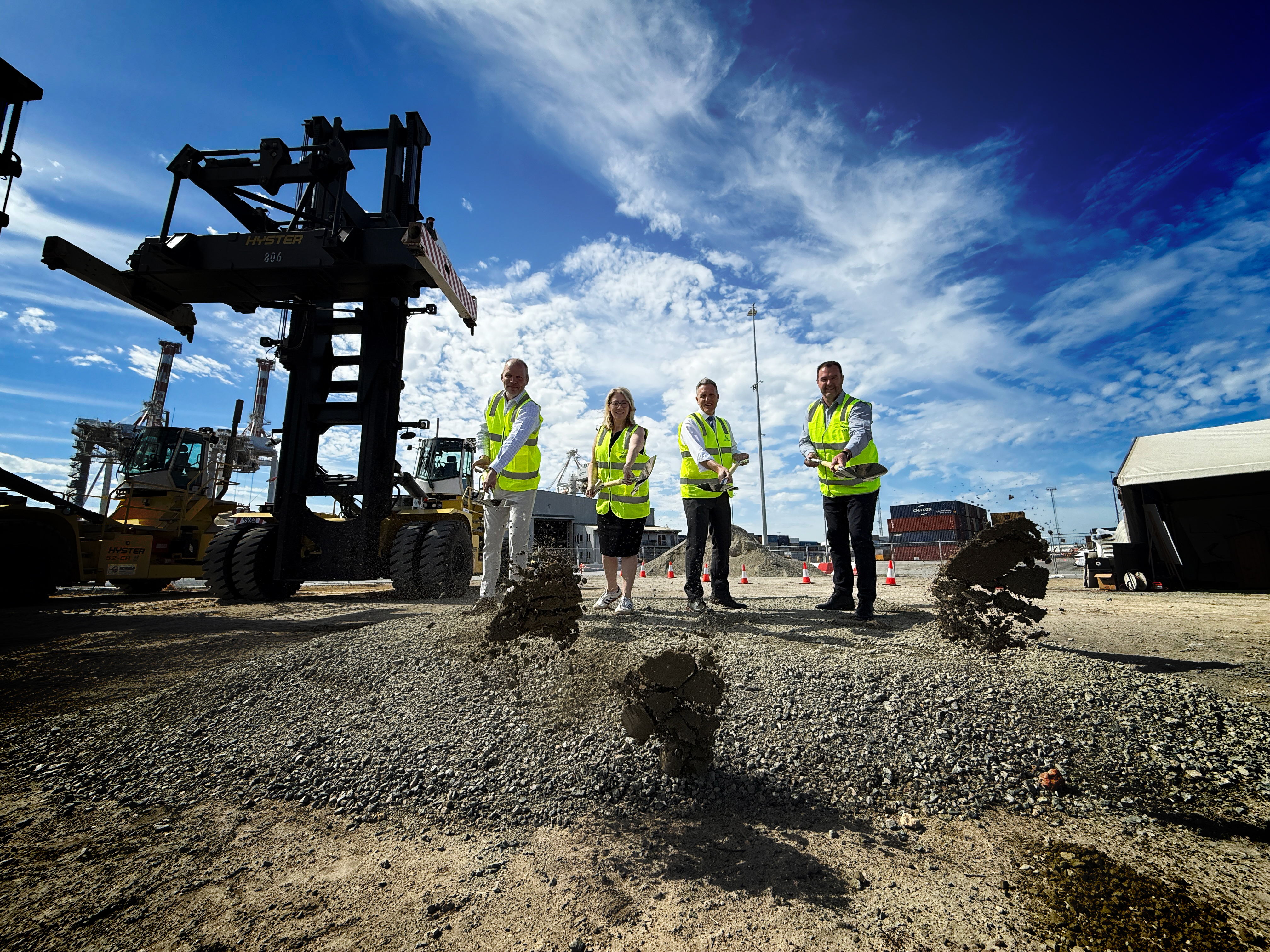India has established itself as a significant global player in the maritime sector, ranking among the top three suppliers of trained seafarers, with over 300,000 personnel entering the workforce. At the recent 10th convocation of the Indian Maritime University (IMU) in Chennai, Union Minister of Ports, Shipping and Waterways, Shri Sarbananda Sonowal, highlighted this swiftly growing sector, emphasizing the remarkable transformation it has undergone in the past decade.
Under the leadership of Prime Minister Narendra Modi, the maritime sector has seen extensive policy reforms and substantial infrastructure investments. These advancements have created diverse opportunities for graduates in various fields includingports, shipbuilding, shipping, research, logistics, and green maritime technologies. The modernization and mechanization of Indian ports since 2014 have significantly enhanced operational efficiency, reducing turnaround times to just 0.9 days—better than many leading maritime nations like Australia, Singapore, and the USA. Currently, nine Indian ports are listed among the world’s top 100.
A key project is the ambitious Vadhavan Port, which aims to become one of the largest container ports globally with an investment of ₹76,000 crore. Additionally, cargo movement through inland waterways has increased sevenfold, while coastal shipping volumes have surged by over 150% in the last decade.
The government’s long-term vision, termed “Maritime Amrit Kaal Vision 2047,” outlines plans for investments totaling around ₹80 lakh crore in various initiatives, including port infrastructure, shipbuilding, inland waterways, and green shipping projects. Sustainable maritime practices are being promoted through initiatives such as green corridors, green hydrogen bunkering, and the development of methanol-fueled vessels.
Furthermore, a significant ₹70,000 crore package has been announced to bolster shipbuilding and recycling industries. This package includes the establishment of the Maritime Development Fund (₹25,000 crore) for long-term financing, a reformed Shipbuilding Financial Assistance Scheme to mitigate cost challenges, and the Shipbuilding Development Scheme to support shipyard expansion.
The Indian Ship Technology Centre in Visakhapatnam, backed by a ₹305 crore investment, is focused on design, research and development, engineering, and skill training in the maritime sector. According to Minister Sonowal, these strategic initiatives could generate approximately 2.5 to 3 million direct and indirect jobs in shipbuilding, shipping, ports, logistics, and related fields.
Graduates are encouraged to embrace innovation, ethical practices, and environmental responsibility as they step into the maritime workforce, aiming to elevate India as a leader in the global maritime sector and the blue economy.
Source link










